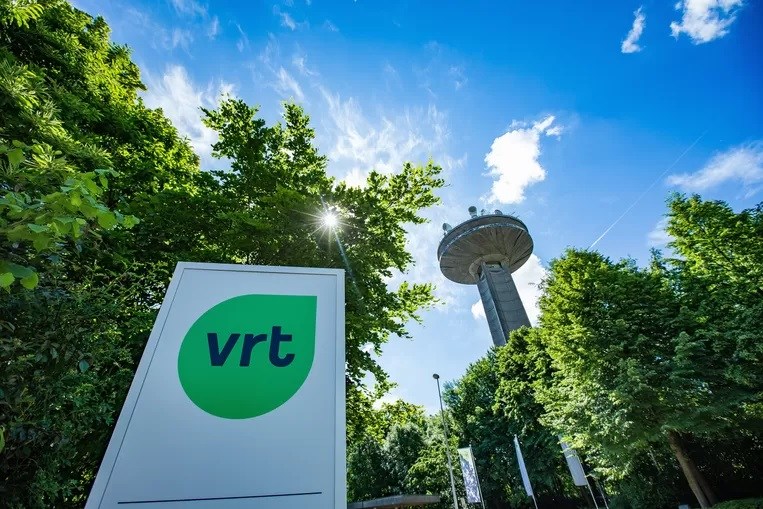The Flemish public broadcaster VRT will be responsible for making sure its news and current affairs coverage is strictly neutral under a new agreement.
The VRT is governed by the Flemish government through its management board, based on a five-year management agreement. The latest agreement was presented to the public yesterday.
The new agreement comes after months of soul-searching within the organisation, as a result of a number of damaging reports that were critical of management, for example in the matter of employing outside contractors and producers.
The agreement sets out the direction for the broadcaster for the next five years, in areas such as digital coverage, in particular via the video platform VRT.NU and the news website VRT NWS.
The document also imposes some restrictions on the broadcaster, for example regarding expensive rights to sporting competitions, which will now be left to the private sector. And regarding transparency around the terms of the contracts offered to on-screen presenters, known in the field as ‘talent’.
But the most striking new condition in the new agreement relates to neutrality in news and current affairs coverage. And here, the VRT is ordered to put its own house in order.
This aspect of the agreement comes directly from N-VA, now the biggest party in the Flemish government, and a long-time critic of what it sees as bias in the VRT’s coverage, particularly in discussion and debate programmes rather than straight news.
The document says the VRT has to “lend its cooperation in the monitoring of its impartiality,” although no mechanism is specified. One option is to extend the service provided by the university of Antwerp, where the Electronic News Archive has since 2003 recorded every early evening news broadcast of the VRT and commercial channel VTM, which are then coded and can be analysed on the basis of a variety of criteria, such as the number of times women are interviewed compared to men, the representation of ethnic minorities and so on.
For opposition Groen, the demand creates a sense of mistrust in the public broadcaster, member of parliament Elisabeth Meuleman told De Morgen.
“It goes without saying that there should be more control over expenditure at the VRT, after the damaging audits. But that pendulum must not swing too far. Certainly not when it comes to substantive interference,” she said.
According to Meuleman, it will be extremely difficult to judge whether the public broadcaster is working impartially. “What do you do with climate deniers and anti-vaxxers, for example?”
Katia Segers is professor of media studies at the VUB, but also a member of parliament for socialist party sp.a. She pointed out that research has shown the VRT to be suitably impartial.
“What is the problem then, I wonder? The explicit focus on ‘neutrality’ only hampers, and even intimidates, the workings of the editorial team, and threatens to be detrimental in the long term,” she said.
The official view within the VRT, according to new CEO Frederik Delaplace, is that there is no problem. The idea that a public broadcaster should be strictly neutral is a good thing.
“We are absolutely not afraid of this. We are quite certain that we are at least as impartial as the commercial media companies,” he said.
Alan Hope
The Brussels Times

